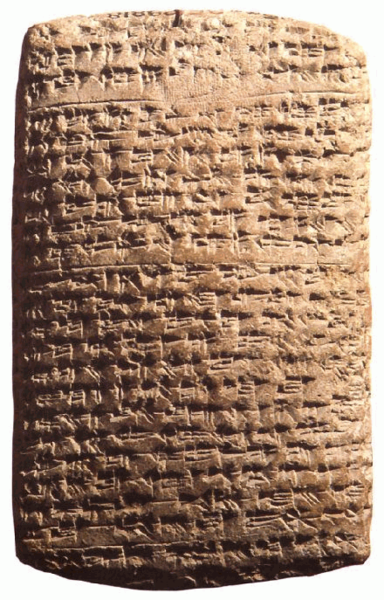22 July. David and his men become Philistine mercenaries
“But David thought to himself, ‘Saul will catch me some day. The best thing I can do is escape to the land of the Philistines. Then he will give up looking for me in Israel, and I can get away from him.’ So David and his 600 men left Israel and went to Achish son of Maoch, king of Gath. David, his men and their families made their home in Gath with Achish…”
“Then David said to Achish, ‘If you are pleased with me, give me a place in one of the country towns where I can live. I don’t need to live in the royal city with you.’ That day Achish gave David the town of Ziklag, and Ziklag has belonged to the kings of Judah ever since. David lived in the Philistine land a year and four months.”
“David and his men went to raid the people of Geshur, Girzi and Amalek. (These people had lived for a long time in the land that reached to Shur and Egypt.) When David fought them, he killed all the men and women and took their sheep, cattle, donkeys, camels and clothes. Then he returned to Achish.”
“Achish would ask David, ‘Where did you go raiding today?’ And David would tell him that he had gone to the southern part of Judah, or Jerahmeel, or to the land of the Kenites. David never brought a man or woman alive to Gath. He thought, ‘If we bring people alive, they may tell Achish, ‘This is what David really did.’”
“David did this all the time he lived in the Philistine land. So Achish trusted David and said to himself, ‘David’s own people, the Israelites, now hate him very much. He will serve me for ever.’”
(1 Samuel 27:1-12)

Today’s passage is the second account of David going to seek refuge with King Achish of Gath. In 1 Samuel 21:10-15, we saw that the king’s servants warned Achish of David’s popularity in Israel, and as a result, David had to feign madness in order to escape from King Achish.
In this second account, David and his men are more successful, and become mercenary soldiers employed by the Philistine king of Gath. David and his Hebrew mercenaries are given a base at Ziklag (see 13 on the map on 8 July).
Hebrew mercenary soldiers (not all of whom were Israelites) were common in these times. Reference to the ‘Habiru’ (Hebrew) mercenaries occurs frequently in the ‘Amarna letters’ sent by the Philistine kings and other Palestinian allies to the Egyptian Pharaoh Akhenaten, many of which are now preserved in the Cairo Museum and in the British Museum in London.
David still faced the problem of King Achish recognising his growing popularity among the Israelites (and therefore perceiving him as a threat). So he resorted to trickery in order to fool the Philistine king.
When he and his men went out on raiding parties on behalf of the Philistines, he appeared to be killing Israelites from southern Judah and stealing their cattle, sheep and donkeys. But in reality he was attacking non-Israelites from the arid areas to the south of Judah – the people of Geshur and Girzi, and the Amalekites (see 1 Samuel 27:8). In order not to arouse suspicion, he always killed all the men and women, and never brought any alive back to Gath as slaves.
Today we would seriously question the morality of killing innocent men and women, and we would point out the deception that David employed during these four years. But for Israel’s greatest king, Old Testament morals and values prevailed as he bided his time before Saul’s final downfall.
The photo shows one of the ‘Amarna letters’ sent by Aziru, leader of Amurru, in Akkadian cuneiform writing on a clay tablet.
You can read more about David and Saul @ https://www.thebiblejourney.org/biblejourney2/30-israel-becomes-a-kingdom-under-saul-and-david/david-marries-abigail/
